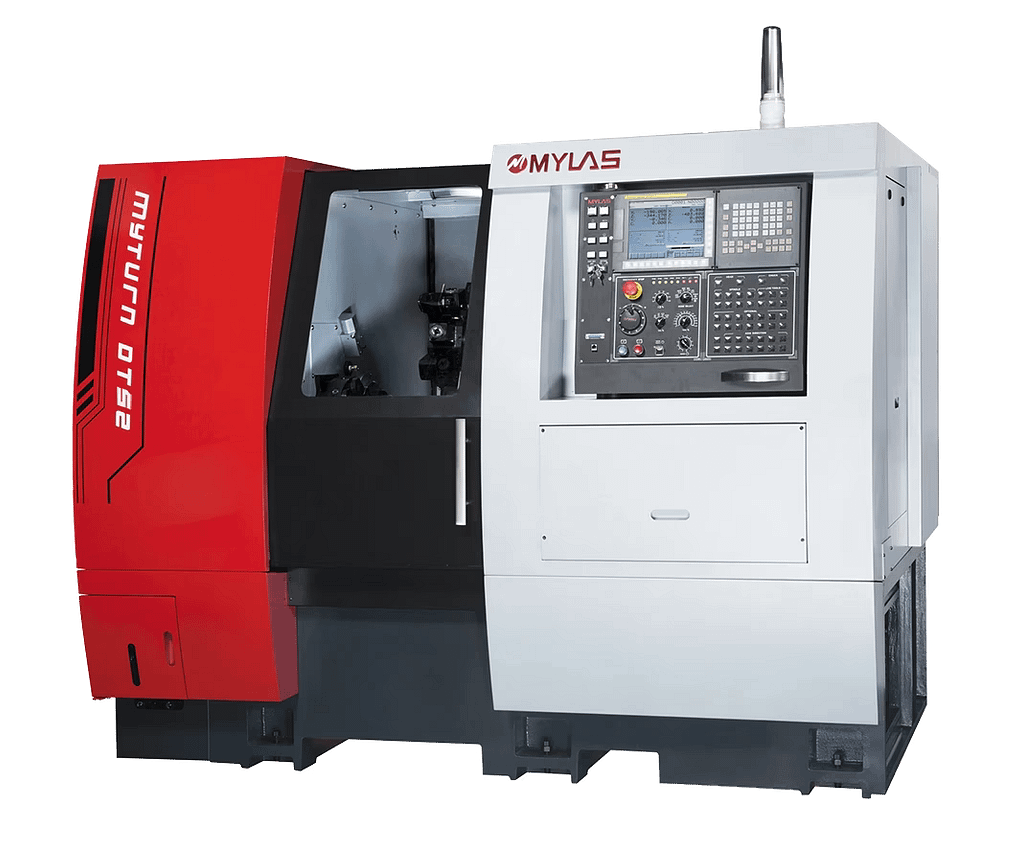Введение
- Introduce the concept of CNC vertical turning lathes (VTLs) and how they differ from traditional horizontal turning machines.
- Explain why VTLs are used for specific manufacturing needs, particularly for large, heavy components.
- Set the tone by describing the growing significance of VTLs in modern manufacturing.

What is a CNC Vertical Turning Lathe?
- Provide an in-depth explanation of what a CNC vertical turning lathe is and how it works.
- Discuss the structural differences between vertical and horizontal turning machines, highlighting the advantages of vertical alignment.
- Detail the types of components that benefit from vertical turning lathes, such as large, heavy-duty parts.
Benefits of CNC Vertical Turning Lathes
- Discuss the unique advantages of CNC VTLs, including their capacity to handle large, heavy materials.
- Focus on factors like improved chip removal, better rigidity, and high precision.
- Provide examples of industries where VTLs are used most effectively, such as aerospace, automotive, and heavy machinery.
Applications of CNC Vertical Turning Lathes
- Explore industries that rely heavily on CNC VTLs, including oil and gas, automotive, and defense.
- Case studies or examples of specific components produced using CNC VTLs, such as brake rotors, flywheels, and large flanges.
- Discuss how CNC VTLs enable manufacturers to work with both small and large batches.
Challenges and Solutions in CNC Vertical Turning Lathe Operations
- Address common challenges faced by manufacturers using VTLs, such as material handling, tooling, and maintenance.
- Offer solutions or technological advancements that have made VTLs more efficient and reliable over time.
Future of CNC Vertical Turning Lathes
- Look at the future of CNC VTL technology, including potential advancements in automation, software, and efficiency.
- How Industry 4.0 and smart manufacturing are shaping the future of vertical turning lathes.
Заключение
- Summarize the value and capabilities of CNC vertical turning lathes in modern manufacturing.
- Encourage businesses to invest in CNC VTLs for precision, quality, and cost-effectiveness.
- Highlight the role of CNC VTLs in improving production capabilities and the manufacturing process as a whole.